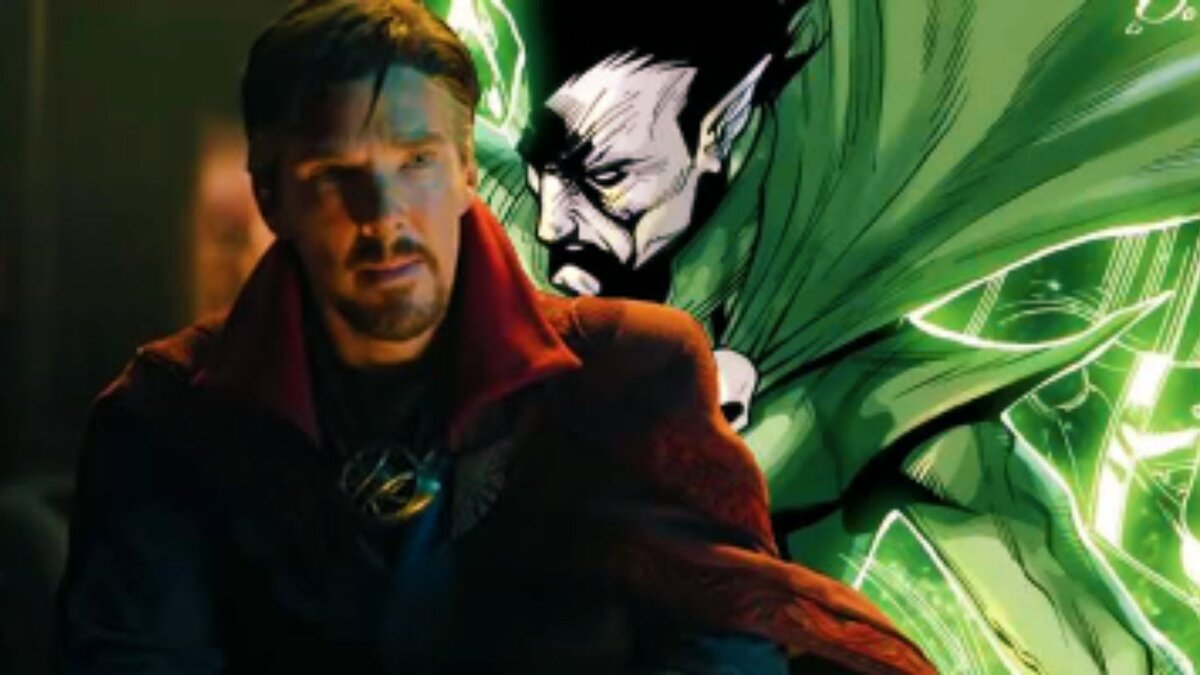Kevin Feige Was Significantly Affected by Joaquin Phoenix's Rejection of the Doctor Strange Role
Over time, the Marvel Cinematic Universe's talent pool has expanded tremendously. Scarlett Johansson, Chris Evans, and Robert Downey Jr. were the stars of the Infinity Saga, while newcomers Simu Liu, Hailee Steinfeld, and Iman Vellani will likely take the lead in Phase 4. Joaquin Phoenix is one of several other renowned actors who came close to joining the interwoven superhero franchise before opting out.
Phoenix's involvement apparently began back in July 2014 at San Diego Comic-Con, when the actor reportedly began negotiations to play Doctor Strange.
Marvel's 'Unique' Situation with Joaquin Phoenix
Joaquin Phoenix is said to have been in discussions with Marvel Studios before Benedict Cumberbatch was cast as Doctor Strange. The Joker actor earlier discussed the discussions that took place in an interview, claiming that "all sides were satisfied": "I think they make some terrific, fun movies. Nothing is wrong... I don't really consider myself a cinephile. I'm not a snob, and I have no problem with... I don't have an issue with it at all because I occasionally love certain movies and believe that they help to sustain the industry in some ways. I believe that everyone was, is... Okay, I'm trying to think of the most diplomatic way to phrase this. Everyone seemed to be really pleased with the outcome, in my opinion. The parties were all content.
Related: GoT's Lena Headey Sued Over Cut Thor: Love and Thunder Role
Paul Sarker, a former production lead attorney for Marvel Studios, spoke exclusively to The Direct about the studio's response to actors declining MCU opportunities. The Marvel attorney initially described how he would be involved in the process:
"Because of this, as I previously stated, it is unusual for it to be on my radar. Lawyers are only involved in a deal when it is very close to being completed, right? Agent, manager, and talent have all read the screenplay, just like the company has. They understand the role, have consented to the payment parameters, and have essentially accepted the schedule, so we simply need to formalise the agreement. So it won't reach my desk if someone expresses interest but then refuses because they don't like it creatively or it doesn't fit their schedule, am I right? The casting stage is where most of those things that people reject occur, and that is a whole different situation."
Sarker went on to list the various actors that were almost hired as MCU heroes, including Tom Cruise and Emily Blunt for Iron Man and Black Widow, respectively: "So Sarah Finn manages casting for all the Marvel things, and you can read about it online. The Black Widow was supposed to be someone like Emily Blunt. However, they had good reasons for choosing Scarlett Johansson. Tom Cruise, in my opinion, was intended to be Iron Man, but he demanded too much cash. In the end, they chose Robert Downey Jr., and looking back, it appears that they made the perfect choice. And I believe Tom Hiddleston was among the few who tested for the role of Thor. And to complete the circle, Kevin may have a point when he says that we don't want to enter into agreements that are really long-term because we want to first determine whether they will work and what will be accomplished by them. We don't want anyone to feel compelled in any way.
Related: Marvel Studios Gets Criticism From VFX Community for Poor Working Conditions
Every Wednesday, Paul Sarker's Better Call Paul, a weekly podcast that discusses "the business of show business" and clarifies how the entertainment business actually functions, is available to listen to on Spotify and Apple Podcasts.
The Talent-Friendly Strategy of Marvel
Though it's sad that Joaquin Phoenix wasn't able to join Marvel Studios, Benedict Cumberbatch's return as Doctor Strange is welcome given that he was the studio's top option. Even if Phoenix and Marvel's relationship didn't work out, the actor's statement that "all parties were satisfied" indicates that things weren't too bad for either party.
Given that Phoenix is now involved in DC's Joker sequel, it is unknown when she will join the MCU.
Paul Sarker's remark that it was a special circumstance was appropriate, especially given that it caused Marvel Studios and president Kevin Feige to approach signing deals with talent in a different way. Offering short-term arrangements would be excellent since it allows the talent more freedom at a time when Phase 4 is growing as a result of the addition of the Disney+ shows.
In a way, it also grants Marvel its own flexibility because a short-term contract can be worked out if a certain actor or actress is well-liked by the public. Observing that enthusiastic response would spur the star to sign on for further Marvel ventures.
Before committing fully to future on-screen appearances, the star can test out the concessions and lengthy press commitments (as Phoenix previously highlighted) by signing these deals.
The MCU's long-term objectives ultimately make having a performer who genuinely wants to be a part of the franchise necessary.

%20(1).webp)
%20(1).webp)

Comments
Post a Comment